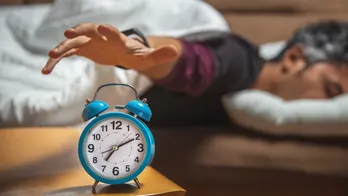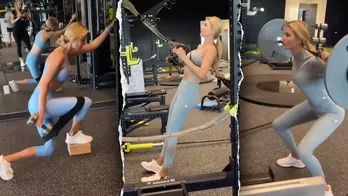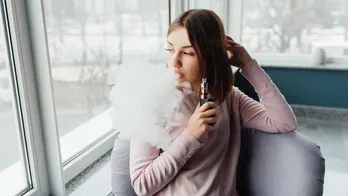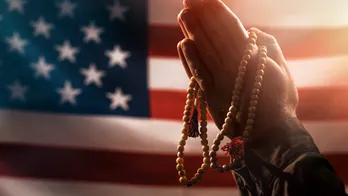Why Disaster Relief Underserves Those Who Need It Most
When a disaster like Hurricane Ian destroys a house, the clock starts ticking. It gets harder for sick people to take their medications, medical devices may stop working without electricity, excessive temperatures, mold, or other factors may threaten someone's health. Every day without stable shelter puts people in danger.
The federal government is supposed to help prevent that cascade of problems, but an NPR investigation finds that the people who need help the most are often less likely to get it. Today we encore a conversation between NPR climate reporter Rebecca Hersher and Short Wave guest host Rhitu Chatterjee.
This episode was produced by Brit Hanson, fact-checked by Indi Khera and edited by Gisele Grayson. Joshua Newell provided engineering support.
Disclaimer: The copyright of this article belongs to the original author. Reposting this article is solely for the purpose of information dissemination and does not constitute any investment advice. If there is any infringement, please contact us immediately. We will make corrections or deletions as necessary. Thank you.







